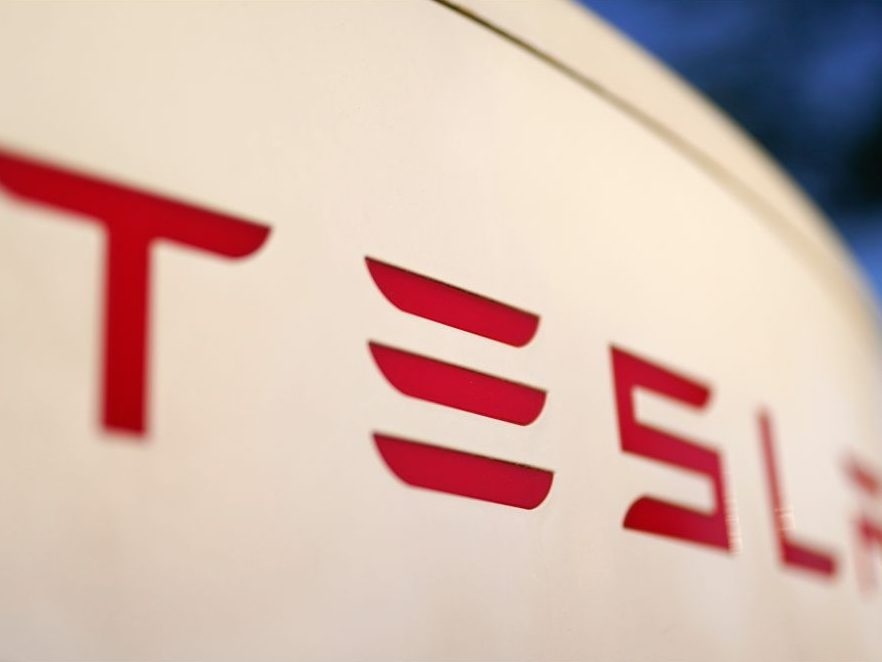
Tesla is recalling more than 63,000 Cybertrucks in the U.S. because the front lights are too bright, which may cause a distraction to other drivers and increase the risk of a collision.
The National Highway Traffic Safety Administration said that the recall includes certain Cybertrucks with a model year between 2024 and 2026. The vehicles were made between Nov. 13, 2023, and Oct. 11, 2025, with operating software versions prior to 2025.38.3.
The agency said that Tesla is not aware of any collisions, injuries, or fatalities related to the condition.
Tesla, which is run by billionaire Elon Musk, is issuing a free software update to correct the issue.
Earlier this month, federal regulators opened yet another investigation into Tesla’s self-driving feature after dozens of incidents in which the cars ran red lights or drove on the wrong side of the road, sometimes crashing into other vehicles and causing injuries.
The National Highway Traffic Safety Administration said in a filing that it was looking into 58 incidents in which Teslas reportedly violated traffic safety laws while using the company’s so-called Full Self-Driving mode, leading to more than a dozen crashes and fires and nearly two dozen injuries. The new probe adds to several other open investigations into Tesla technology that could upend Musk’s plans to turn millions of his cars already on the road into completely driverless vehicles with a over-the-air update to their software.
In March U.S. safety regulators recalled virtually all Cybertrucks on the road. The NHTSA’s recall, which covered more than 46,000 Cybertrucks, warned that an exterior panel that runs along the left and right side of the windshield can detach while driving, creating a dangerous road hazard for other drivers, increasing the risk of a crash.
On Wednesday Tesla reported a fourth straight decline in quarterly profit, even as sales rose. The automaker reported third-quarter earnings plunged 37% to $1.4 billion, or 39 cents a share, from $2.2 billion, or 62 cents a share, a year earlier. That marked the fourth quarter in a row that profit dropped. And even the revenue rise, a welcome relief from a sales plunge earlier in the year due to anti-Musk boycotts, came with a significant caveat: Customers rushed to take advantage of a $7,500 federal EV tax credit before it expired on Oct. 1, possibly stealing sales from the current quarter.





